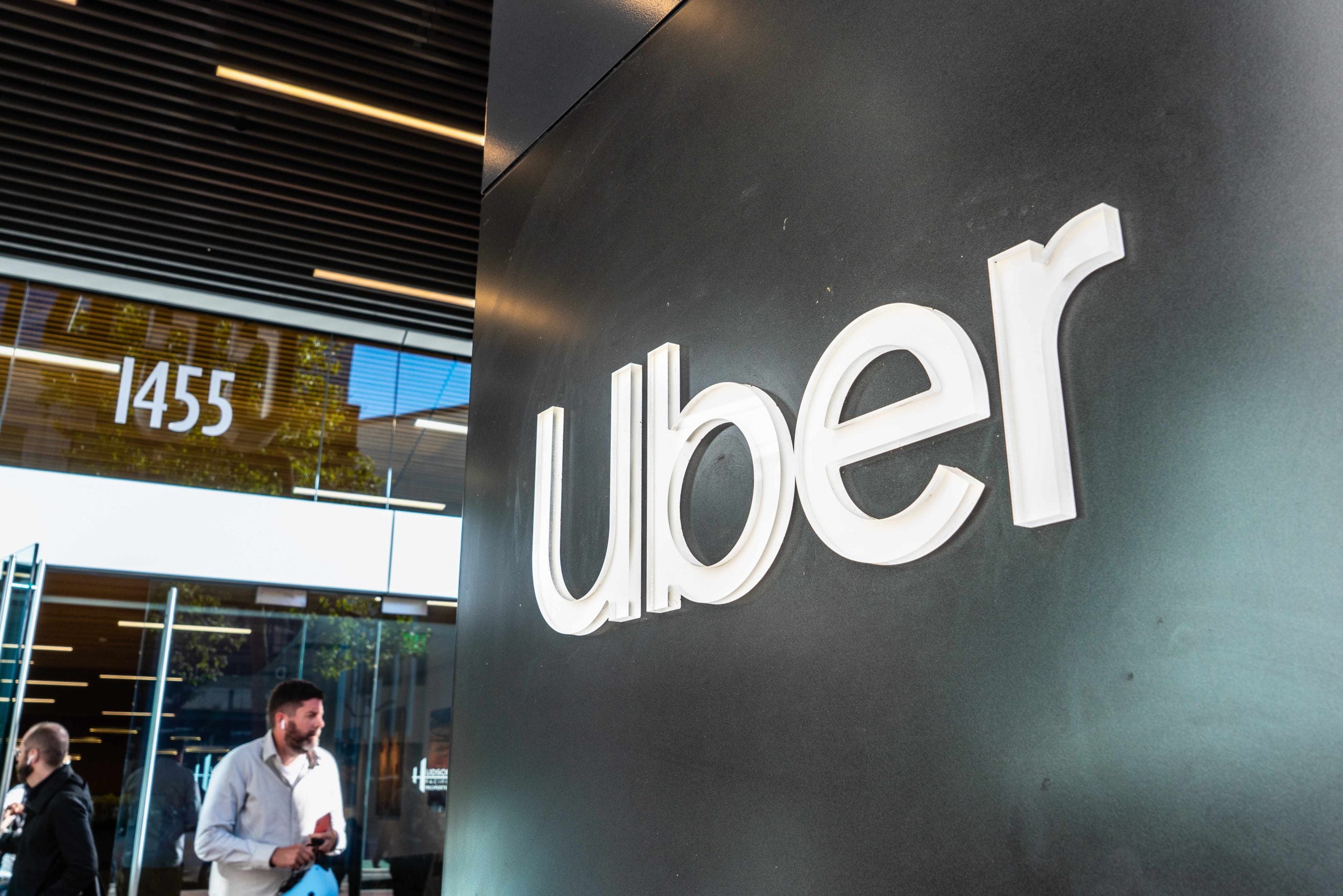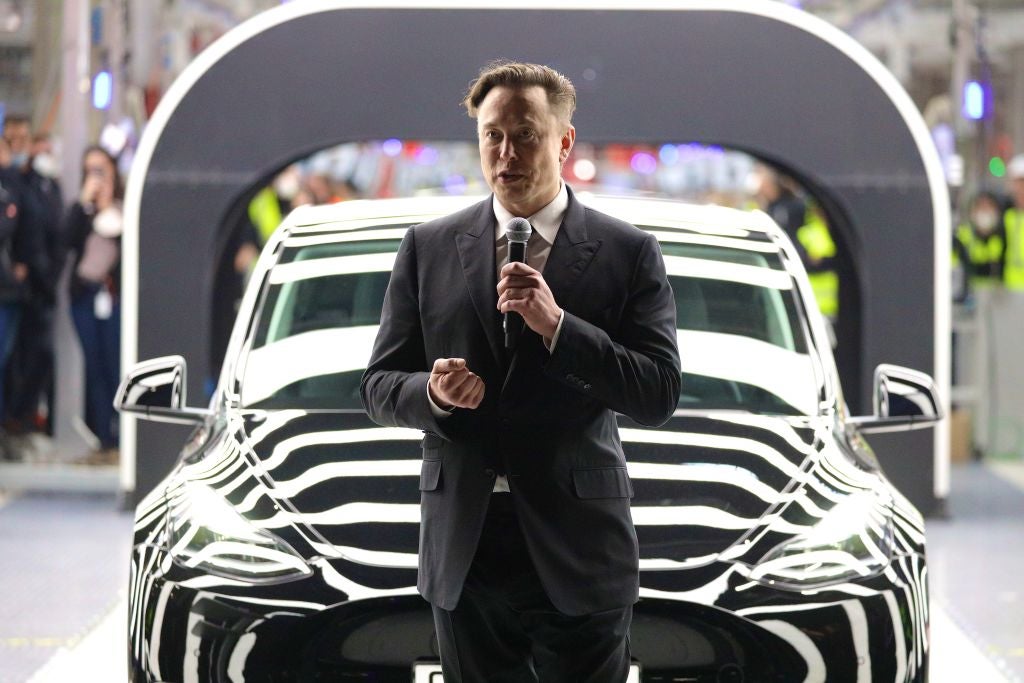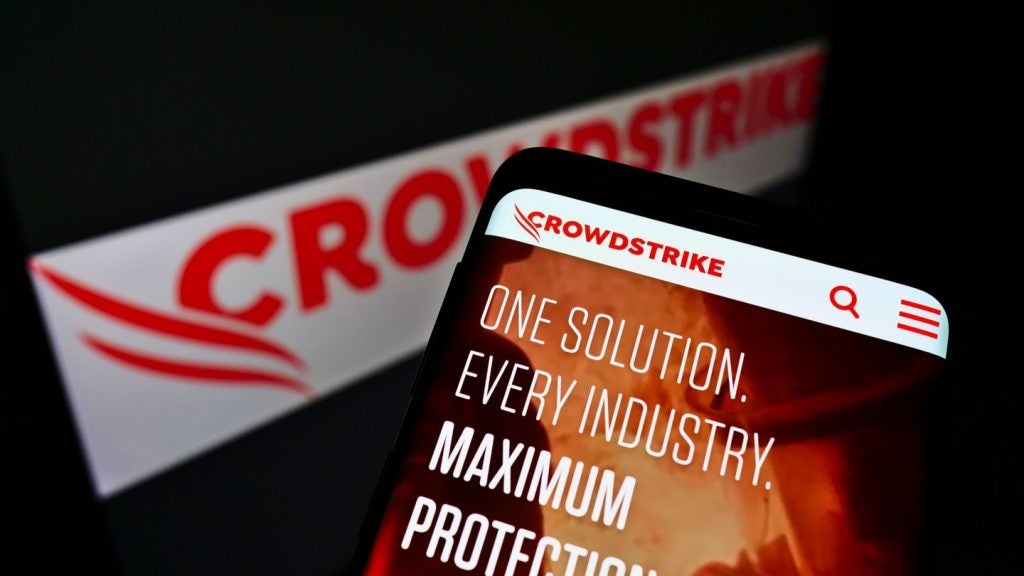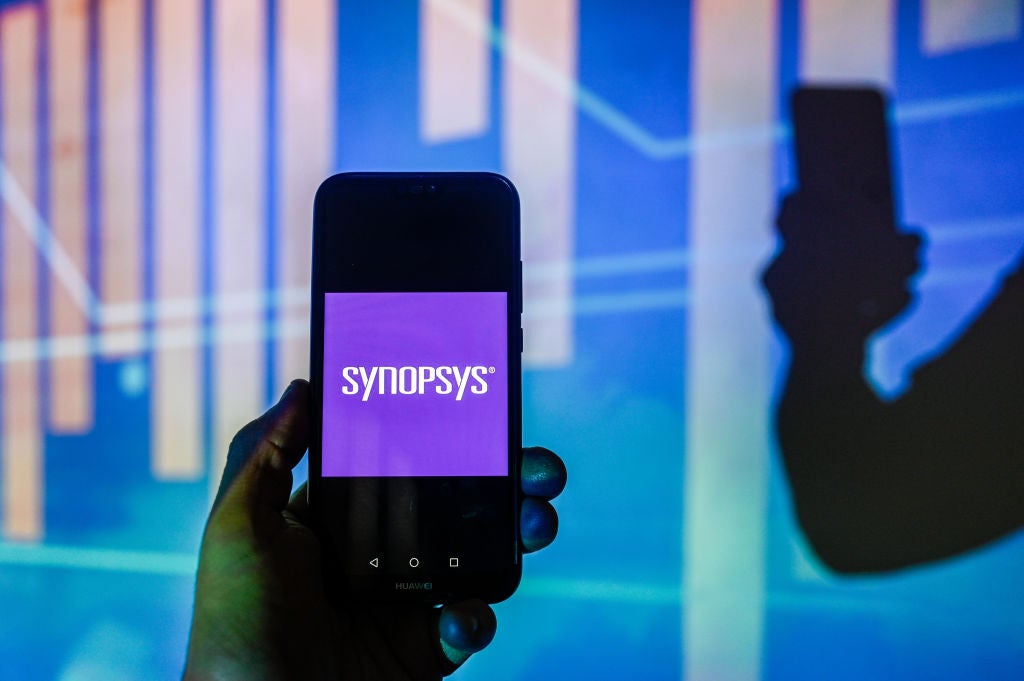
Uber announced on Friday (15th Sept) that it has agreed on a delivery partnership with Belgium-based order management software provider Deliverect.
Deliverect connects online sales channels with existing point-of-sale (POS) systems by sending all digital orders – delivery, take-out, in-house dining apps – directly to the POS system.
Uber’s deal with Deliverect means the management software provider will give preference to Uber Direct when routing deliveries and help integrate its software into Uber’s white label delivery service.
The partnership will be available in select countries, including the UK, the US and Canada.
In Q1 2023, Deliverect said it had processed 47,045,807 online orders worldwide.
In May, Uber Technologies and Google’s autonomous driving unit Waymo formed a partnership to offer driverless cars on Uber’s platform.
How well do you really know your competitors?
Access the most comprehensive Company Profiles on the market, powered by GlobalData. Save hours of research. Gain competitive edge.

Thank you!
Your download email will arrive shortly
Not ready to buy yet? Download a free sample
We are confident about the unique quality of our Company Profiles. However, we want you to make the most beneficial decision for your business, so we offer a free sample that you can download by submitting the below form
By GlobalDataThis followed a 2017 lawsuit in which Waymo filed against Uber over trade secrets related to autonomous driving technology. Subsequently, Uber agreed to pay $245m to Waymo to settle the case.
In Q2 2023, Uber filed for a patent on AI technology that, through pre-request matching, would predict customer habits.
This would help Uber predict when users need a ride or meal delivered based on motion sensors in the smartphones, app usage, and profile data.
While this development has the potential to benefit the platform, it also raises concerns about data privacy as the algorithm relies on user profiles, including usage history and location data.






